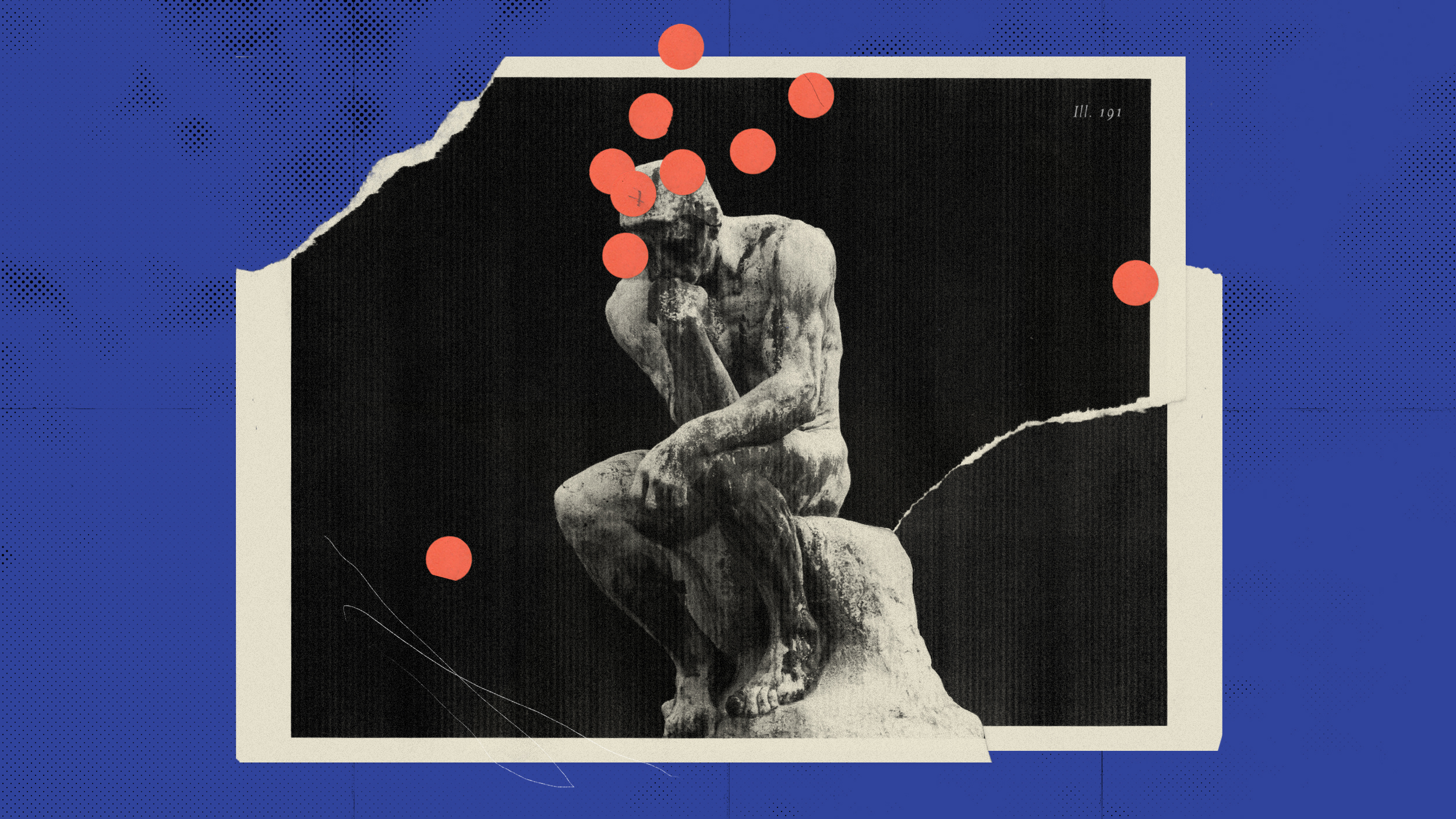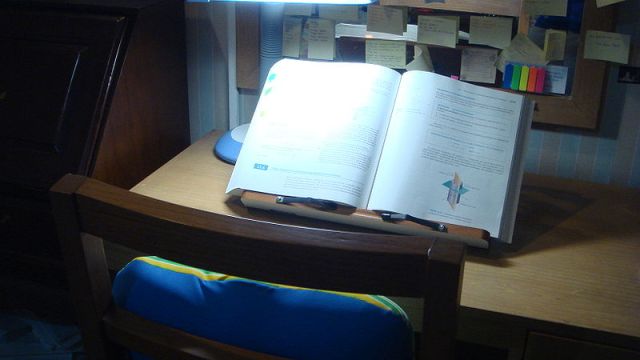It’s the Economy, Stupid—But Not in Britain
Here then is the hidden truth that none of the established political parties will tell the electorate in this, the penultimate week in what is fast proving to be one of the most unpredictable General Elections in modern times. Whichever party is elected, or whatever coalition may have to be assembled, the respected and independent Institute for Fiscal Studies say that deep public expenditure cuts—of between £47 Billion to £56 Billion—will have to be made over the next four-year cycle.
Loosely translated, this means that Britain is about to enter into a period of austerity not witnessed since the OPEC-induced economic meltdown of the 1980s. But Britain will enter this new age of austerity with add-on handicaps. For one, the gap between rich and poor has not been this great since Victorian times. London is now the most unequal city in the Western World. Yes, that means London is more divided and unequal than New York. To this may be added the unpalatable truth that our manufacturing base is wizened, and our industrial base virtually disappeared. And just before we move on from this cocktail of gloom, Britain’s North Sea Oil is about to run out, and the banking crisis has left the de-regulated City of London reeling like a Highland dancer.
In the heads and hearts, most Britons know this to be true. They also understand that they, rather than the greedy bankers or many of the tax-avoiding, money-laundering super-wealthy, are about to catch it in the neck. Not surprisingly, the main political parties who are keen to paint themselves as representing “hope over fear” have manifestly misread the national mood, which veers from contempt to outright fury.
Hence the fluidity in the polls, most of which have some pecuniary attachment to a vested interest allied to various press barons. Although there has been at least a degree of consistency over the fact that the first televised debate put the least unsullied of the political leaders, Nick Clegg and his Liberal Democrats, in the lead. But overall the Conservatives just have it, followed by the Liberal Democrats, with Labour—the ruling party—in third place, potentially facing a squeeze.
Since the main parties have only one more week of trying to keep the lid on the great debate that should have been taking place—the economy—my guess is that the Conservatives will claw back some support, as voter begin to fret over what a “hung Parliament” and a coalition Government of back door deals might mean in practice. My prediction, for what it is worth, is that the Conservative will achieve a small overall majority, Labour will be reduced to its heartlands, the Liberal Democrats will do well and there will be some major local upsets, not least in Buckingham where I live. Here the Speaker of the House of Commons, sullied by his expense claims could yet go down in flames.
But if I am wrong, and no overall party emerges the winner, then it could be partly due to the fact that all three will have ignored that famous dictum from President Bill Clinton: “It’s the economy, stupid!”





